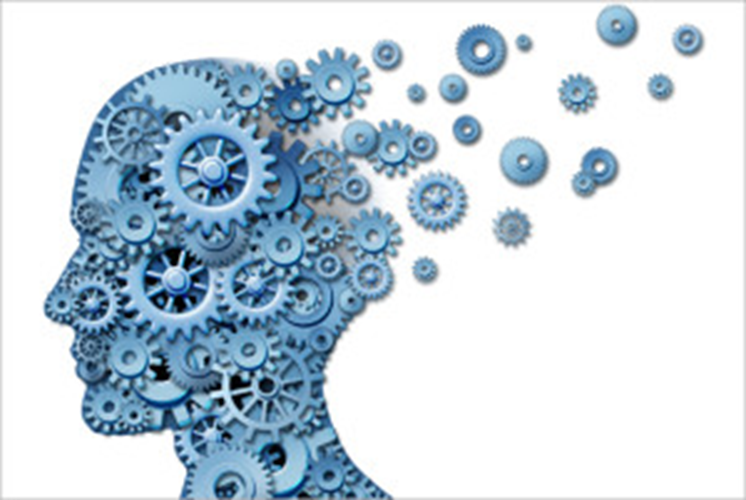
Investigators at Douglas Brain Imaging Centre, McGill University, Montreal, Canada, found that during a memory task, activation of the visual cortex was increased in young adults in comparison with middle-aged and older adults.
In contrast, in middle-aged and older adults, activation was greater in the prefrontal cortex.
"When you meet someone for the first time, it is likely that young adults are paying attention to where and when they met this person, and they can remember this information," principal investigator Natasha Rajah, PhD, director, Douglas Brain Imaging Centre, told Medscape Medical News.
"But middle-aged and older adults focus more on the social-emotional relevance of the person they met ― were they pleasant, whether they reminded them of other people they know, and so on ― and this change in focus negatively impacts their ability to remember more objective features," Dr Rajah added.
It has been suggested, for example, that mindfulness may improve cognitive function because it teaches individuals to be "present in the moment" and to attend to the objective nature of the experience instead of ruminating and being caught up in their own inner world.
Numerous studies have shown that brain changes associated with dementia begin decades before the onset of symptoms. Therefore, a key question in current memory research concerns which changes are normal and which are not. This small study was focused on the changes that take place in middle aged healthy brains so did not highlight the differences between those that changes due to dementia compared with those that do not.
In another Medscape article on Alzheimer disease it highlighted that some of the mild symptoms can include the following:
- Extract Medscape online and was published online June 12 in NeuroImage.